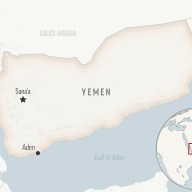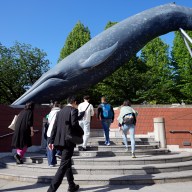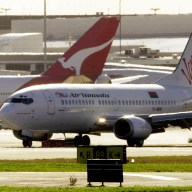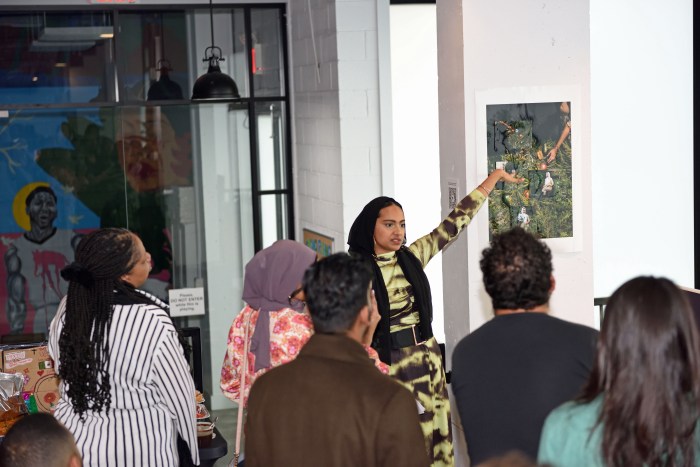OTTAWA – The Conservative government is expanding the number of African countries to which it will deport illegal immigrants and failed refugee claimants.
Canada will now go ahead with removals to Burundi, Liberia and Rwanda – three countries with long histories of severe human-rights abuses.
A release Thursday from the Canada Border Services Agency says a “thorough review” of country conditions led to the change, effective immediately.
Up to 2,100 people currently in Canada could be affected.
“The removal of individuals who are not lawfully in Canada is key to maintaining the integrity of the immigration program and to ensuring fairness for those who live in this country lawfully,” Public Safety Minister Peter Van Loan said in a release.
In a related announcement, the Harper government has also restricted refugee claimants from the world’s worst trouble spots who arrive in Canada via the United States.
Even as Van Loan was reducing the list of “temporary suspension of removal” countries – or TSRs – by three, rules for arrivals from all such countries were changed Thursday by Citizenship and Immigration.
A release from Citizenship Minister Jason Kenney said “nationals from TSR countries (Afghanistan, the Democratic Republic of Congo, Haiti, Iraq and Zimbabwe) arriving a Canada-U.S. land border will be ineligible to make a refugee claim in Canada and will be turned back to the United States.”
Under the Canada-U.S. Safe Third Country Agreement that came into force in 2004, individuals from TSR countries could make refugee claims in Canada even if they first stopped in the United States. No longer.
Kenney said in a release that the exemption for such individuals was “undermining … the integrity of our asylum system.”
The Conservative minister contrasted the plight of would-be refugees from the world’s most troubled countries with that of regular immigrants “who wait patiently in line to come to Canada, frequently for years.”
Kenney accused those refugees coming to Canada through the U.S. as attempting to “jump the immigration queue and make refugee claims in Canada after they’ve already had the opportunity to do so in a safe, democratic country.”
Amnesty International’s annual report for 2009 cites a long list of ongoing abuses in Burundi and Liberia, and to a lesser extent Rwanda.
Burundi in particular was singled out for escalating rates of rape and sexual violence that are rarely investigated or prosecuted, detentions without trial, and harassment and intimidation of political opponents, journalists and human rights defenders.
The Canadian government said the change in TSR status does not affect active refugee claims that are already being processed from citizens of Burundi, Liberia and Rwanda.
















